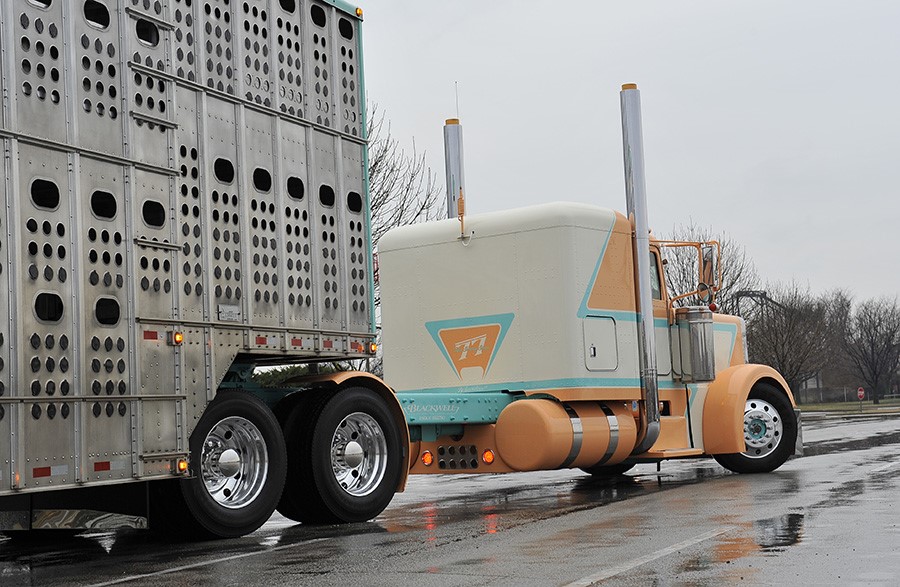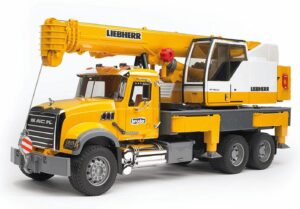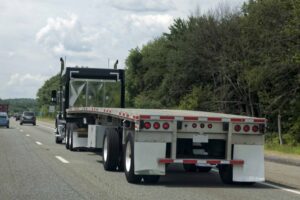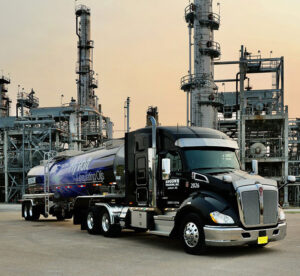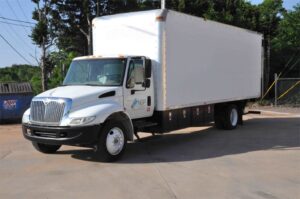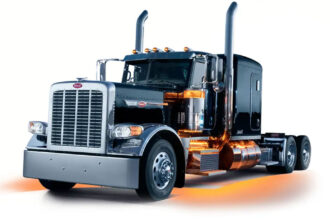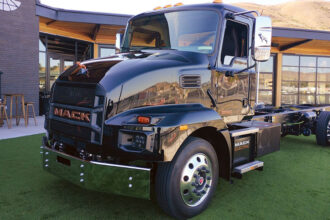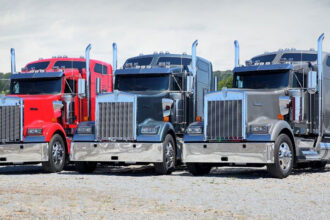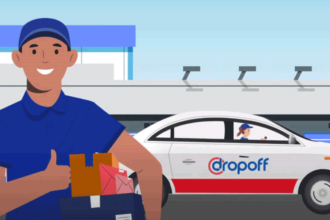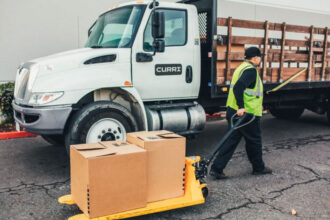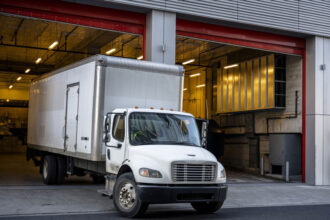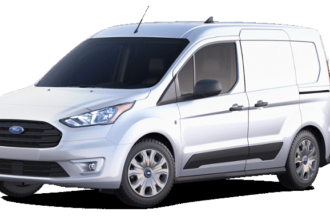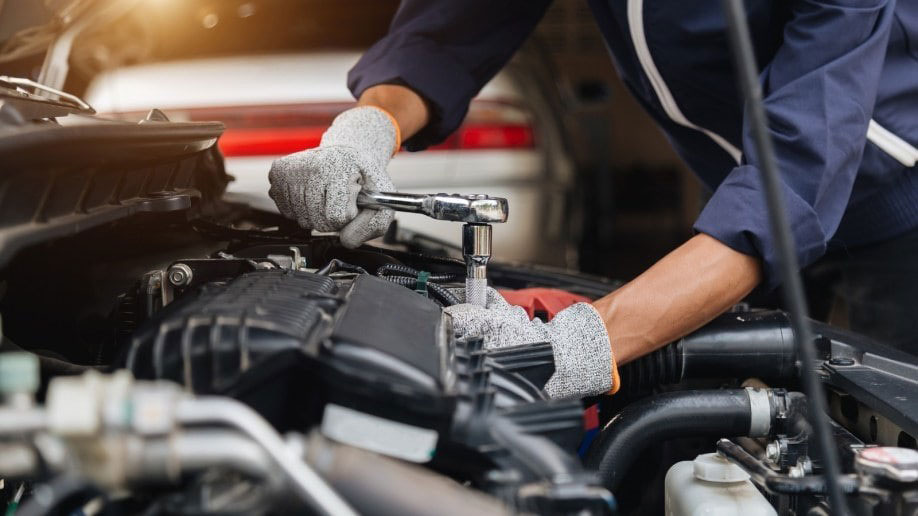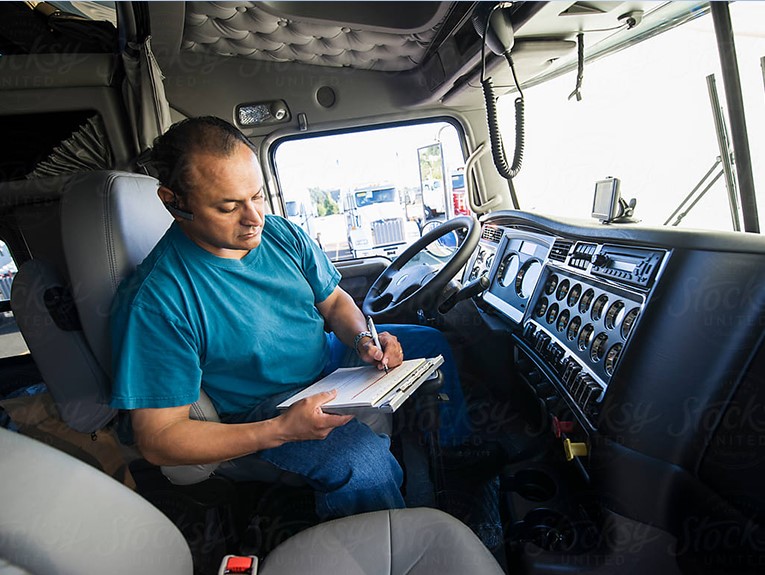Table of Contents
Introduction
Need a livestock truck for your business? Want to venture into the livestock business? If yes, read on.
Livestock farming offers not only a source of sustenance but also the promise of work, income, and recreation, and even contributes to environmental conservation.
To succeed in this dynamic field, you need the right tools, and that includes understanding the use of livestock trucks. Livestock trucks are specialized vehicles that are your lifeline, ensuring the safe and comfortable transport of your animals—an essential companion.
A livestock truck is essential in the livestock farming industry for transporting animals like pigs, sheep, horses, and cattle. It places importance on animal welfare and offers features like ventilation, bedding, and provisions for food and water. Different models cater to specific animals and comply with location-specific regulations.
Understanding the different trucks is crucial for safe and efficient livestock transportation.
To lease a livestock truck for business
- Know the Type of Livestock Truck You Need for Your Business
- Find a Reputable Fleet Leasing Company that Offers Livestock Trucks for Lease
- Select a Suitable Lease Contract for Your Business
- Sign the Lease Agreement and Make the Necessary Payments
- Secure a Commercial Driver’s License (CDL)
- Follow the Legal Regulations and Best Practices for Transporting Livestock
Recap
Interesting, right? Keep reading.
1. Know the Type of Livestock Truck You Need for Your Business
To rent a livestock truck for business, know the type of livestock truck you need.
When it comes to transporting animals like cattle, pigs, horses, or sheep, selecting the right truck is very important. Consider several factors to ensure the safety and well-being of the animals during the journey.
Different Types of Livestock Trucks
There are several types of livestock trucks for specific purposes. Take a look at the following:
Livestock Gooseneck Trailer
A trailer with a long arm that connects to a hitch in the back of a truck. It is perfect for moving large herds of animals because it offers stability and is easy to maneuver. Inside, it has compartments or decks to keep animals separate and secure.
Fence-Type Trailer
This trailer is lightweight and cost-effective. It uses slats or bars to separate the animals, making it easy to clean. It works well in moderate climates and is often beneficial for transporting small animals like pigs.
Van-Type Trailer
This commercial vehicle has a climate control system that maintains a stable temperature and humidity level. It is essential when transporting animals like horses that require special care. It ensures your animals stay healthy during the journey.
Cattle Truck
A cattle truck typically has a single or double-deck trailer with gates or ramps, which make it easy to load and unload large animals like cattle. It often has a hydraulic lift system to adjust the trailer’s height when you need to.
Sheep Truck
It comes with single or double-deck trailers and often features pens or crates to hold sheep or other wool-bearing animals. It has a wool press to compact and bundle the wool before unloading.
To choose a livestock truck, consider factors like the number and weight of animals, the distance of travel, terrain, climate, and the facilities available for loading and unloading. Additionally, ensure you comply with legal requirements for animal welfare and safety throughout the journey.
2. Find a Reputable Fleet Leasing Company that Offers Livestock Trucks for Lease
To hire a livestock truck for business, find a reputable fleet leasing company.
Search online or ask for referrals from other livestock transporters or farmers. Compare the prices, terms, and conditions of different leasing options, and check the availability and quality of the trucks. Also, verify the credentials and reputation of the leasing company, and make sure it has a valid license and insurance to operate in your location.
A few reputable dealers or fleet leasing companies that offer livestock trucks are– Merchants Fleet, The Bancorp, Holman, and PACCAR Leasing Company.
3. Select a Suitable Lease Contract for Your Business
To lease a livestock truck for business, select a suitable lease contract.
When it comes to leasing commercial trucks, you can make use of the following options:
Operating Lease
Think of this as renting a truck. You pay a monthly fee to use the truck for a set time, usually less than the truck’s entire lifespan. But here’s the key: You don’t own the truck, and you don’t have to worry about the ups and downs of its value. The good news is that you can deduct the entire lease payment from your business taxes as an expense.
Capital Lease
This is more like buying a truck with a loan. Make a down payment at the beginning, and then pay monthly installments. The cool part is that, at the end of the lease term, you own the truck outright. So, it’s like building up ownership over time. You also get some tax benefits here. You can deduct the interest on your lease payment from your taxes, and you can claim depreciation on the truck as an asset.
Lease-to-Own Deal
It is kind of like the best of both worlds. Part of what you pay for your lease goes toward eventually owning the truck. So, it’s a way to gradually become the full owner while still enjoying the benefits of leasing.
4. Sign the Lease Agreement and Make the Necessary Payments
To charter a livestock truck for business, sign the lease agreement, and make the necessary payments.
Before you put pen to paper, take a moment to thoroughly go through your lease agreement. Understanding all the ins and outs is crucial. Pay attention to details like how long the lease lasts, the mileage limits, who’s responsible for maintenance, what insurance covers, and what happens if you’re late on payments or if the truck gets damaged.
Don’t forget to inspect the truck’s condition before signing anything. If you spot any issue or defect, don’t hesitate to report it to the leasing company.
Lastly, make sure your finances are in order. You need enough money for the down payment (if necessary), monthly lease payments, and any other potential fees that might come your way. Stay smart, and you have a smooth leasing experience.
>>>PRO TIPS: How To Get a CDL License
5. Secure a Commercial Driver’s License (CDL)
To get a livestock truck to lease for your business, secure a commercial driver’s license.
To drive a commercial truck carrying livestock, it’s important to know you require a special endorsement or permit—additional permissions on top of your regular driver’s license.
To receive a CDL, you:
- Check with your local Department of Motor Vehicles (DMV): You get your driver’s license here. It has all the specific rules and requirements for your area. You can find its contact information online.
- Find out what you need: Ask the DMV if you need any special endorsements or permits to drive the kind of truck you’re interested in. It tells you exactly what the requirements are.
- Prepare for some tests: Depending on your state and the type of truck, you need to pass a few tests. Tests include a written test (like a written exam at school), a road test (where you drive a truck while an examiner watches), a medical exam (to make sure you’re healthy enough to drive safely), or even a background check (to make sure you have a clean record).
6. Follow the Legal Regulations and Best Practices for Livestock Transportation
To successfully lease a livestock truck for business, follow the legal regulations and best practices for livestock transportation.
As a livestock transporter, it’s vital to obey federal and state laws that safeguard animal welfare during transportation. The Animal Welfare Act of 1966 sets standards for humane animal handling and care. Follow the National Institute for Animal Agriculture’s guidelines, covering loading, ventilation, bedding, food, water, biosecurity, and emergency measures. Keep detailed records of your transport activities, including animal origin, destination, health certificates, and inspection reports. This ensures you meet legal requirements and prioritize animal well-being.
Recap
To start a livestock transport business, first, choose the right truck, then find a reputable leasing company for your truck needs, sign the lease agreement, and make the necessary payments.
Also, obtain a Commercial Driver’s License (CDL) to legally operate the truck and always follow legal regulations and safety practices for livestock transportation.


